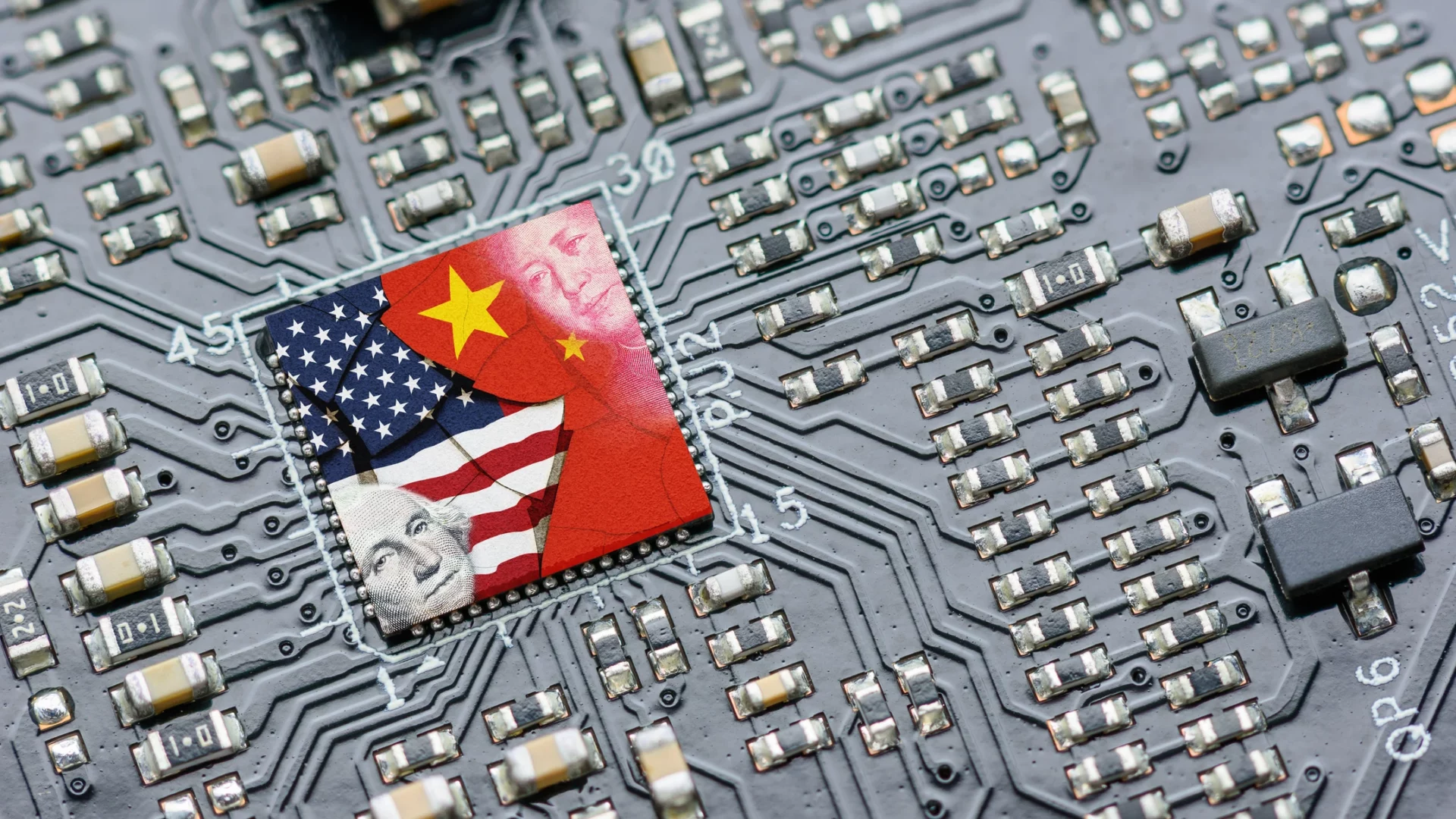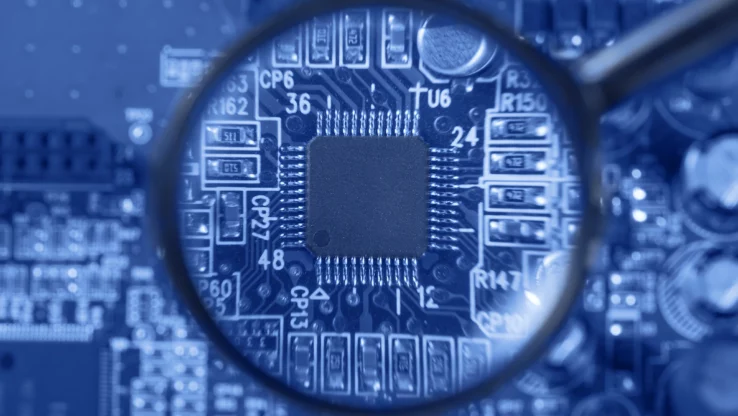Rare Earths: New Challenges for the Semiconductor Market?
4. August 2023
China is tightening controls on rare earth exports, which are critical elements for many emerging technologies. Given the EU’s considerable reliance on Chinese suppliers, this could have significant consequences. How can German companies adapt their procurement strategies to ensure long-term competitiveness?
In response to recent US sanctions, China has imposed new regulations on the export of rare earth elements, making it more challenging for companies. Starting August 1, Chinese companies wishing to export certain rare earths must apply for special permits and provide comprehensive information on foreign buyers and the intended use of these elements. The ramifications could be extensive, considering China is the supplier of 71% of the EU’s gallium and 45% of its germanium. Rare earths are important components of semiconductors and the basis for advanced technologies such as fuel cells, electric motors, wind turbines, or robots.
What is Gallium?
Gallium is a chemical element with the symbol Ga and the atomic number 31. It is a soft, silvery-white metal notable for its ability to melt at room temperature, thus often found in liquid state under standard conditions. This unique trait, along with its high thermal conductivity, makes gallium highly valuable in various technical applications.
What is Germanium?
Germanium is a chemical element with the symbol Ge and the atomic number 32. It is a semi-metallic, silvery-white element found in small quantities in the Earth’s crust. Due to its semi-conductive properties, germanium is highly valuable in the field of electronics.
Gallium and Germanium Application
Gallium and germanium are mainly used in the semiconductor industry. Gallium is used in the production of semiconductors, particularly gallium nitride and gallium arsenide. High-performance power chips, radar systems, and optoelectronic devices all make use of these elements.
Germanium is primarily used as a semiconductor in transistors and photodiodes. It is also used in infrared optics and fiber optic cables. Both elements are crucial in many modern technologies, such as solar panels, fuel cells, electric motors, wind turbines, and robots.
Risky Reliance on China
Neither gallium nor germanium are especially scarce. However, China is the only country that has continuously and strategically increased the extraction and export in recent years. As a result, there are few alternatives in the foreseeable future.
Substitutes for these materials, such as silicon, are available depending on the application. However, these supplements frequently result in decreased performance and can sometimes cost much more. For some use cases, there are no alternatives. In an interview with WirtschaftsWoche, Peter Buchholz, the head of the German Mineral Resources Agency, warned: “While gallium could be obtained as a byproduct of aluminum production in Germany, there were few other significant sources of supply for germanium.” For some time, the agency had been highlighting the importance of the industry developing other sources of supply.
Will There Be a Ban on Exports Soon?
Nonetheless, the gallium and germanium regulation is a rather mild measure. The only requirement so far has been that exporters apply for a license. However, Beijing has not yet denied a license and prevented exports. China is simply demonstrating to the United States its choices in the current trade conflict. However, observers warn of a far more serious possibility: China could drastically restrict rare earth exports soon. Twelve years ago, Beijing did this to Japan for more than two months. As a result, prices rose quickly, and there was hectic investment in new sources.
Procurement Strategy Determines Competitiveness
According to Lisandra Flach, Head of The ifo Center for International Economics in Munich, China’s market monopoly in rare earths poses a risk to the German economy. Because of the high market concentration in terms of the number of suppliers, rare earths would be considered critical commodities. China has the highest reserves and is also the world’s largest exporter, and the German economy is strongly reliant on Chinese imports.
Sourcing specialists can help in this situation. “Many European companies that need semiconductors are currently making their supply chains more resilient and reducing their dependencies,” says Kornel Barna, Global Director Supply Chain at Mannheim-based sourcing specialist SI Trading. “It is unclear how the situation will evolve in the following months. Optimized procurement processes and a widely ramified global supply network are the focus for Germany.”


